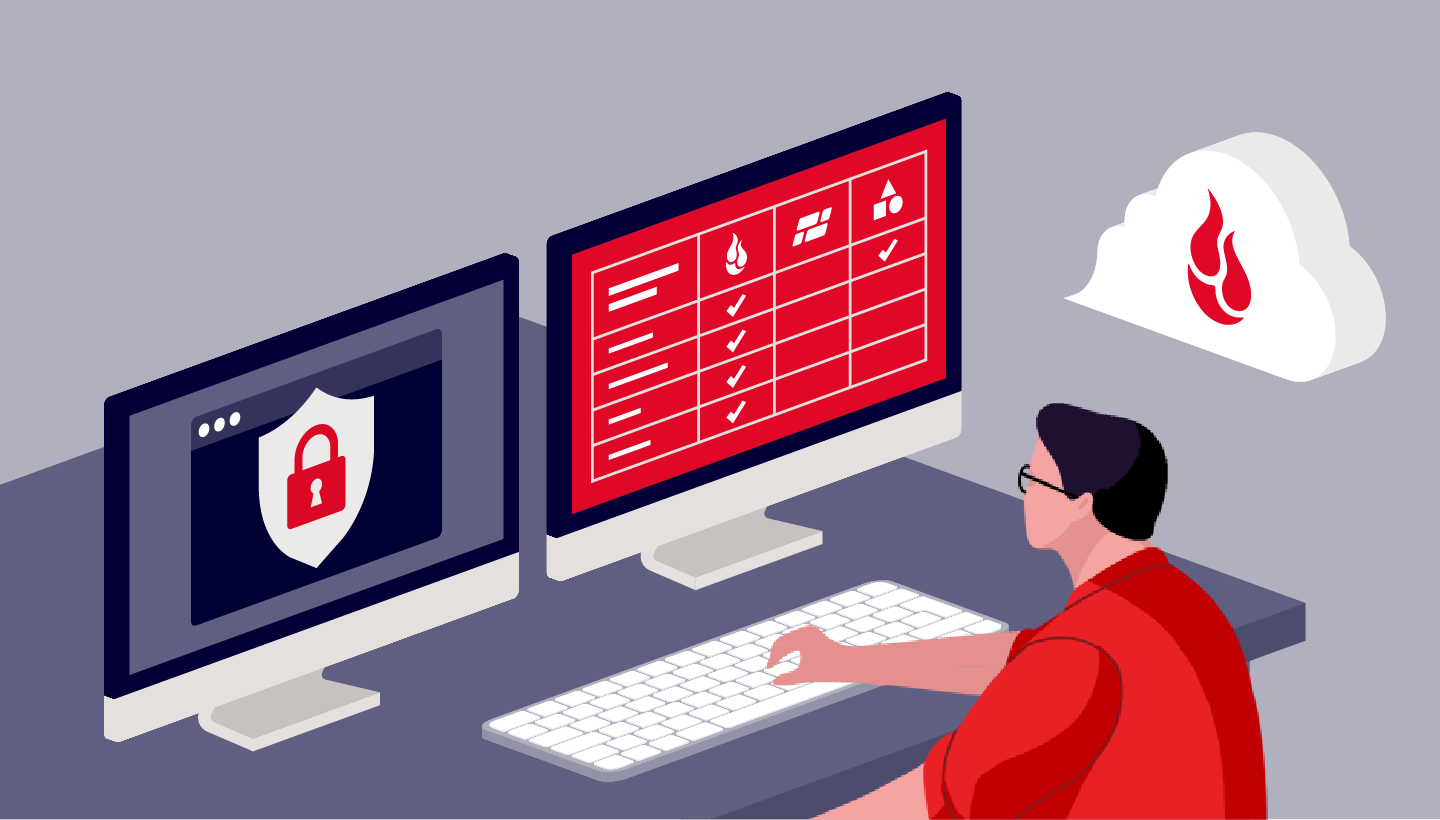
If you’re already using Backblaze or another cloud backup solution, you’re well on your way to bulletproof data storage security. So why clutter up your desktop with an external hard disk drive and its bulky cable if you don’t have to? Well, there are still a few reasons to consider. Read on for details.
Primary Backup
My backup strategy is to have both a primary and secondary backup system as part of my 3-2-1 backup plan. The primary backup is the hard drive that sits on my desk. I’m a Mac person so I set up a Time Machine backup (software made by Apple, included with OS X) to an external USB 3 drive, which I connect periodically to make sure I have a timely backup. If you’re a Windows user, Windows has its own built-in backup software. There are plenty of other third-party apps you can install for either platform too.
| Find out how to back up your Mac or PC with our Computer Backup Guide. |
The advantage to using a hard drive as your primary backup is the immediacy of access. If you need to rebuild a complete directory or restore just a single file or document, it’s right there. You don’t need an internet connection or even a working network—just the computer, the hard drive, and the cable to connect them is enough to get your file back.
| Figuring out what kind of hard drive to use is another story. Different computers have different peripheral connections. For a rundown, check out “What’s the Diff: Thunderbolt and USB.” |
Cloning
Restoring a file or directory is one thing, but it’s something else all together when the computer stops working because an essential system directory or library has gotten corrupted, damaged, or overwritten. Or when the computer’s primary boot drive fails, as hard drives sometimes do.
| Interested in hard drive reliability? We use a lot of drives and have lots of opinions on the subject. Read our hard drive reliability review for 2015. |
When you’re staring at a flashing question mark or a blue screen, you know you’re in for hours of troubleshooting fun. That’s hours of troubleshooting you can avoid with a clone. A cloned drive is a bit for bit copy of your regular hard drive. In the event of a major problem, the cloned drive can be used in place of the computer’s boot drive to keep you working.
External Storage
Sometimes the amount of space you have on your computer’s boot volume just isn’t enough. Especially as more of us have gotten laptops, and companies have traded big hard drives for much speedier (but usually smaller) SSDs, we find ourselves with less and less space for the files we amass in work and life.
External hard drives make a convenient way to store those files without having to jockey for space on your computer’s boot drive. If you’re working with big data sets—video files, for example, multitrack audio, any kind of multimedia, large data sets that you’re doing analysis on, or any kind of archival—chances are you’ll want to put that on an external hard drive rather than relying only on what you can cram on your computer and put in the cloud.
Secondary Backup
I’ll reverse the question I asked at the outset: If you’re already using a primary backup system, why bother with a secondary system at all? The phrase “don’t put all your eggs in one basket” comes to mind. Even careful management of your backup system won’t overcome the occasionally unforeseen and unforeseeable.
Backblaze is my secondary backup solution. I don’t depend on it exclusively to keep my files safe, but I know they’re there. And on the occasions I’ve had to restore files, I’ve gone to Backblaze more than once to grab something I either couldn’t find or couldn’t find easily with my primary backup.
Whether you use Backblaze, one of our competitors, or if you’ve cobbled together your own cloud backup system using Dropbox, Google Drive, or other means, secondary backup provides you with a very important added layer of protection. If anything happens to your data and your primary backup system—even a natural disaster or a fire—keeping your data off-site in a secure data center is a good plan.
How’s Your Backup Set Up?
Enough about my backup routine. I want to know more about yours. Tell me how you’re backing up your computer. Or are you still confused? Have a question? Are we wildly off base and spewing out garbage info? Let us know in the comments. And if you have ideas for things you’d like to see featured in future blog installments, please drop us a line!




